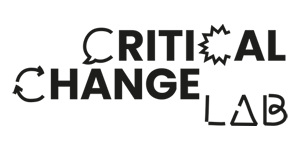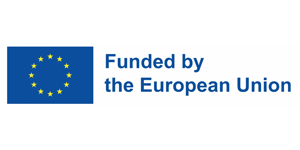AI now plays a powerful role in shaping how young people access information, form opinions, and engage with the world. Without critical intervention, unexamined algorithms and biased datasets risk narrowing their perspectives and silencing diverse voices. This panel explores how education, policy, and civic action can equip young people to navigate, question, and co-create the technologies that influence their lives. Drawing on insights from digital rights, media literacy, community-based innovation, and education reform, the discussion will focus on practical strategies for fostering technological agency—and ensuring that AI serves as a tool for inclusion, creativity, and democratic participation, not a force for exclusion or control.
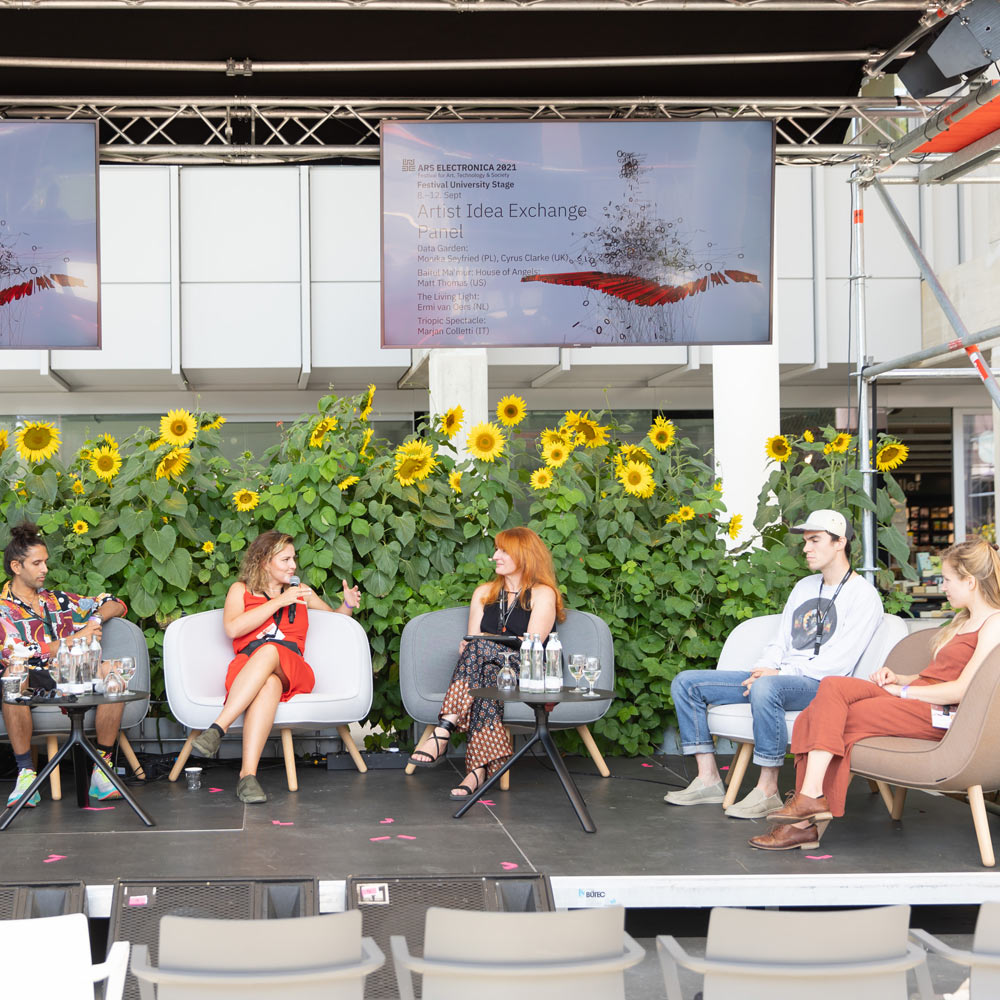
Photo: tom mesic
Panel Discussion
Unlearning the Algorithm: Education for Critical AI Literacy
Amil Khan (GB), Ana Maria Salinas Bojaca (CO/DE), Christoph Helm (AT), Mairéad Hurley (IE)
POSTCITY, First Floor, Education Stage
Language //
EN
-
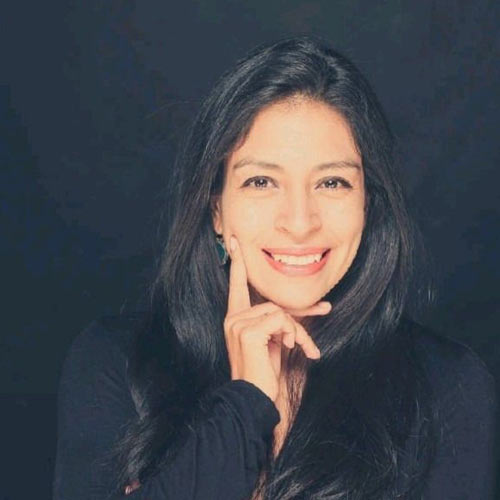
Ana Maria Salinas Bojaca
Ana Maria Salinas is a Colombian journalist, political scientist, and communication specialist with over 15 years of experience in strategic communication, partnership development, and capacity-building initiatives. She has worked with public and private sectors, designing online/offline strategies, educational events, and engagement plans. At Tactical Tech, she supports media literacy projects and builds global partnerships with schools, NGOs, youth groups, and cultural institutions.
-
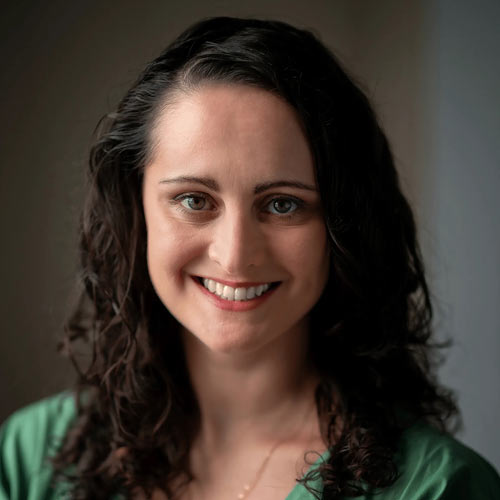
Mairéad Hurley
Mairéad Hurley is Assistant Professor in Science & Society Education at Trinity College Dublin's School of Education. Her research explores the transformative potential of critical science education, with particular emphasis on informal learning environments and the creative intersection of art and science for education and public engagement. She uses participatory and transdisciplinary approaches to explore the role of science learning in shaping sustainable and socially just futures.
-
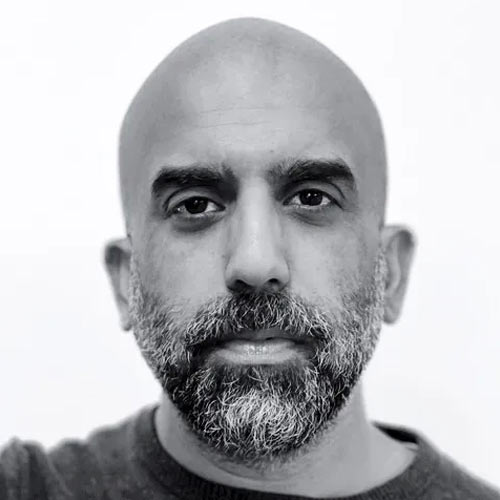
Amil Khan
After 20 years working in conflict zones, Amil Khan founded Valent to address the challenges of a broken information environment. He combined technical skills picked up as a child with his experience as a former journalist to develop AI capable of tracking and responding to online manipulation and disinformation. Today, Valent’s AI platform supports banks, sovereign wealth funds, and multilateral organizations worldwide.
-
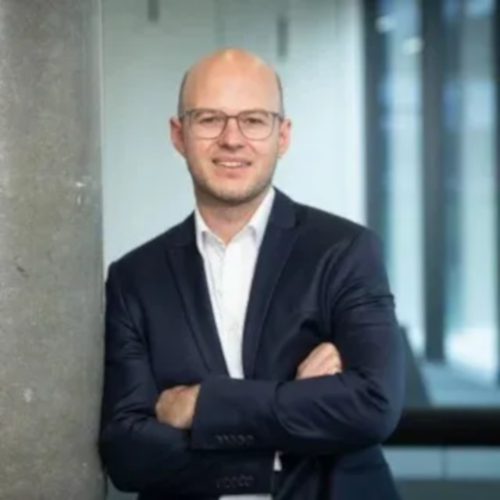
Christoph Helm
Christoph Helm is a university professor, head of the Department of Educational Research, and part of the Competence Center for University Didactics and AI proficient Education at JKU Linz. After years of research at JKU, he then became research professor at the Institute for the Management and Economics of Education at the University of Teacher Education Zug (PH Zug, Switzerland) and returned to Linz in 2021 to lead the department. His focus lies in educational research, teaching quality, teachers’ training and digitalization.

